10 warning signs you may have a hormonal imbalance (and what to do about it)

No-one wants to be a slave to their hormones but how do you know if they are out of sync and what can you do to restore the balance?
Hormonal imbalances may be to blame for a range of unwanted symptoms from fatigue or weight gain to itchy skin or low mood.
Hormones are chemicals produced by glands in the endocrine system and released into the bloodstream. An imbalance occurs when there is too much or too little of a hormone.
Your hormones are important for regulating many different processes in the body including appetite and metabolism, sleep cycles, reproductive cycles and sexual function, body temperature and mood.
No surprise then that even the slightest hormone imbalance may have a noticeable effect on your overall health and wellbeing.
How hormone imbalance can affects
Levels of hormones naturally fluctuate at various life stages, most noticeably during puberty and in women during the menstrual cycle, pregnancy and the menopause. They can also be affected by lifestyle and certain medical conditions.
What is important is to notice any symptoms and get them checked out by a qualified health professional so that you receive appropriate treatment, whether that involves using medication or complementary therapies, or making lifestyle changes, to restore the balance and your good health.
Here are 10 signs of hormonal imbalance to look out for and what you can do about them:
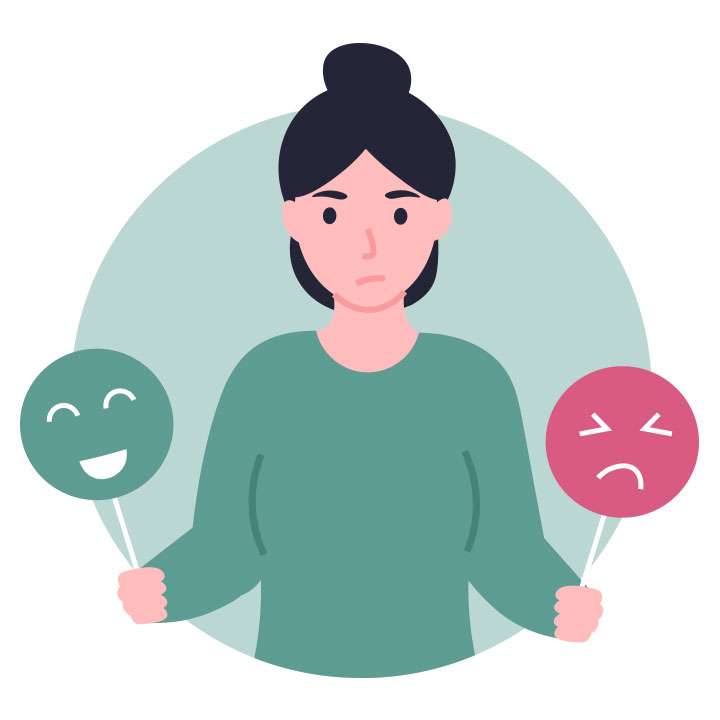
1. Mood swings
The female sex hormone estrogen has an effect on neurotransmitters in the brain including serotonin (a chemical that boosts mood). Fluctuations in estrogen can cause premenstrual syndrome (PMS) or depressed mood during the perimenopause (the phase before periods stop completely) and the menopause.
What to do…
If feeling low or anxious interferes significantly with your day-to-day life, then dietary and lifestyle changes, such as taking up exercise, drinking less alcohol and quitting smoking, herbal remedies (such as St John’s Wort) and hormone replacement therapy (HRT), if you are perimenopausal or menopausal, can all improve your mood. Keeping a symptom diary will also help you and your doctor identify if hormonal changes could be to blame.

2. Heavy or painful periods
If accompanied by other symptoms such as abdominal pain, a frequent need to urinate, lower back pain, constipation and painful intercourse, then you may have fibroids. Fibroids are non-cancerous growths that develop in or around the womb. The exact cause is unknown although they are thought to be stimulated by estrogen while having a family history may also increase your risk.
What to do…
If you are suffering symptoms, consult a qualified health professional who may prescribe medication to shrink the fibroids. In severe cases or if medication does not resolve the problem, surgery may be considered to remove them.

3. Low libido
Low libido is particularly common in women going through the perimenopause or menopause due to falling levels of estrogen and testosterone (although known as a male hormone, women also have testosterone). Other menopausal symptoms such as night sweats, fatigue, low mood and anxiety can also have an impact on your sex life.
What to do…
If you are going through the menopause, you may wish to consult a women’s health expert about trying testosterone as part of your HRT. This can improve your libido as well as boost your mood and energy levels. It is given at very low doses as a gel applied to the skin.
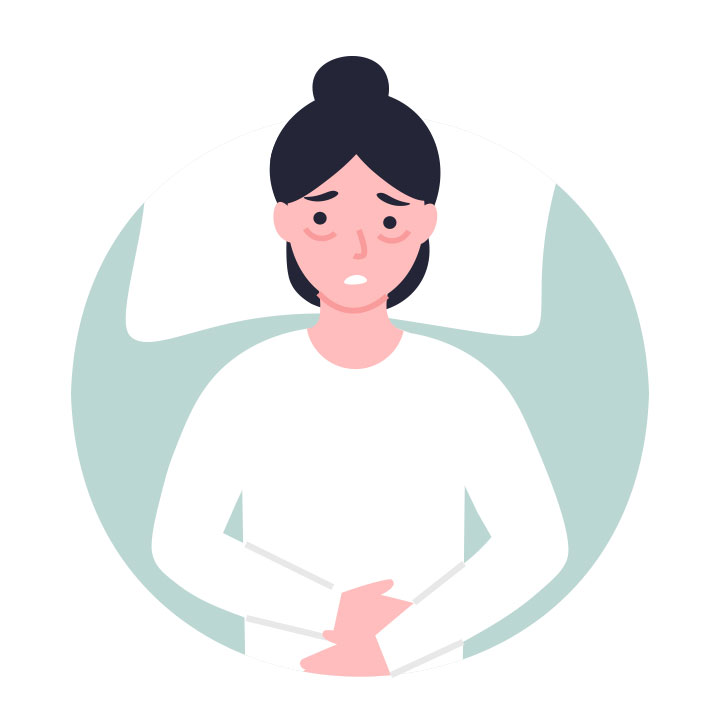
4. Insomnia and poor-quality sleep
During the perimenopause and menopause, the ovaries gradually produce less estrogen and progesterone, which promotes sleep. Falling estrogen levels may also contribute to night sweats which disrupt your sleep, contributing to fatigue and lack of energy.
What to do…
The first step is to get an accurate diagnosis. If you are going through the perimenopause or menopause, discuss the benefits of HRT, which will restore levels of estrogen and progestogen, with your doctor. You can also do practical things to improve your sleep such as wear cotton night-clothes, sleep between cotton sheets, keep your bedroom cool and as dark as possible, take up exercise and reduce alcohol and caffeine intake.
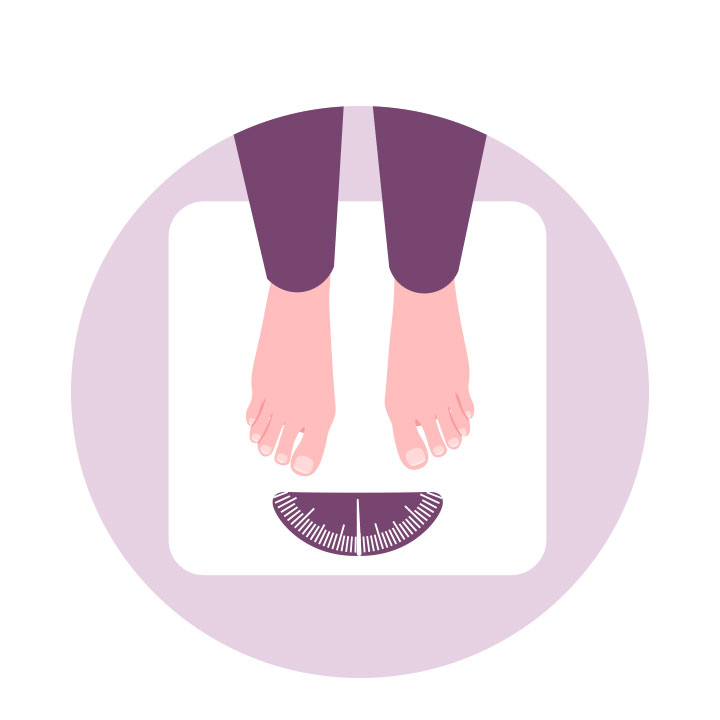
5. Unexplained weight gain
A number of hormone-related conditions can cause weight gain including an underactive thyroid (when your thyroid gland does not produce enough thyroid hormones which regulate metabolism), polycystic ovary syndrome (PCOS) (a hormone-related problem causing small cysts on the ovaries) and the menopause (which results in hormonal changes that can make you more likely to gain weight around your abdomen).
What to do…
If you are experiencing unexplained weight gain, with no change in diet or exercise levels, you may wish to consult an expert in women’s health to check for conditions such as thyroid problems or ovarian cysts. If you are going through the menopause, you may wish to discuss the benefits of HRT with your doctor.
Some women believe HRT causes weight gain but there is no evidence to support this.
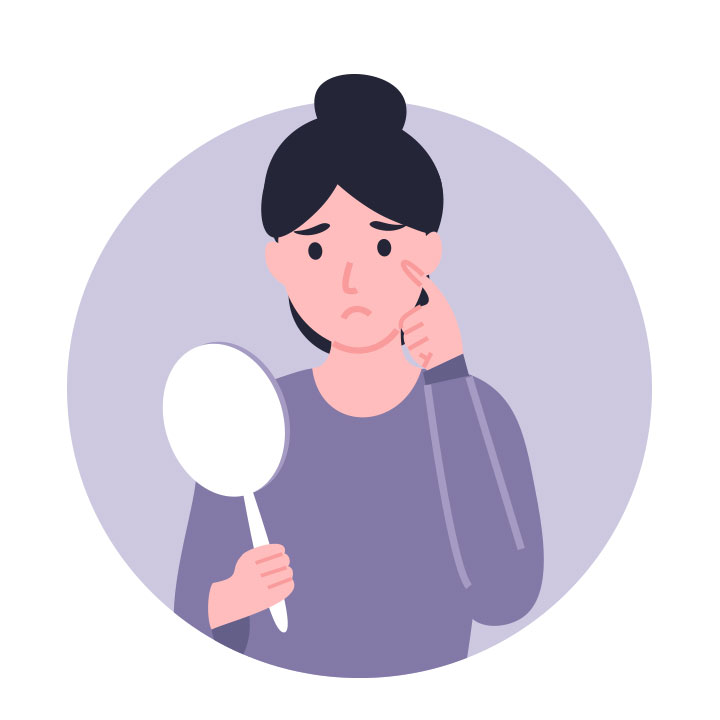
6. Skin problems
Chronic adult acne can be a sign of low levels of estrogen and progesterone and high levels of androgen hormones and can also indicate polycystic ovary syndrome. Similarly, hormonal imbalances during pregnancy or the menopause can cause itchy skin while dry skin is a symptom of the menopause or thyroid problems.
What to do…
If you believe a persistent skin problem is caused by a hormonal imbalance, you could consult a women’s health expert to diagnose and treat the underlying problem.
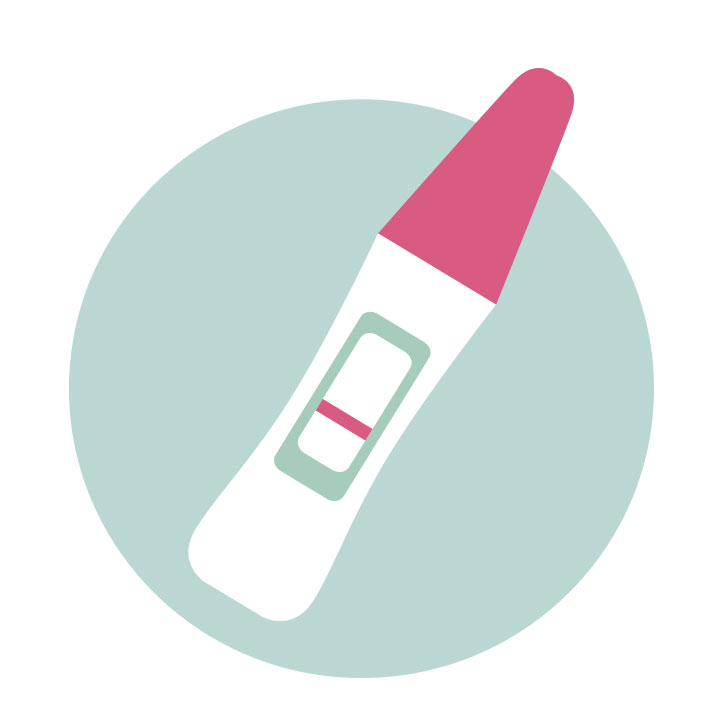
7. Fertility problems
Hormonal imbalance is one of the leading causes of female infertility and with changing hormone levels, a woman’s fertility naturally drops after the age of 35. High levels of follicle-stimulating hormone (FSH) can reduce a woman’s chances of getting pregnant while low levels of luteinizing hormone (LH), which stimulates the ovaries to release an egg and start producing progesterone, can also cause fertility problems. Early menopause and other hormone-related conditions such as PCOS will affect your fertility.
What to do…
Your GP can arrange for a blood test to check FSH and LH levels and if you have been trying to conceive for a year, or less time if you are over 35, then you may consider seeing a women’s health expert to diagnose any underlying cause of your difficulty to conceive.
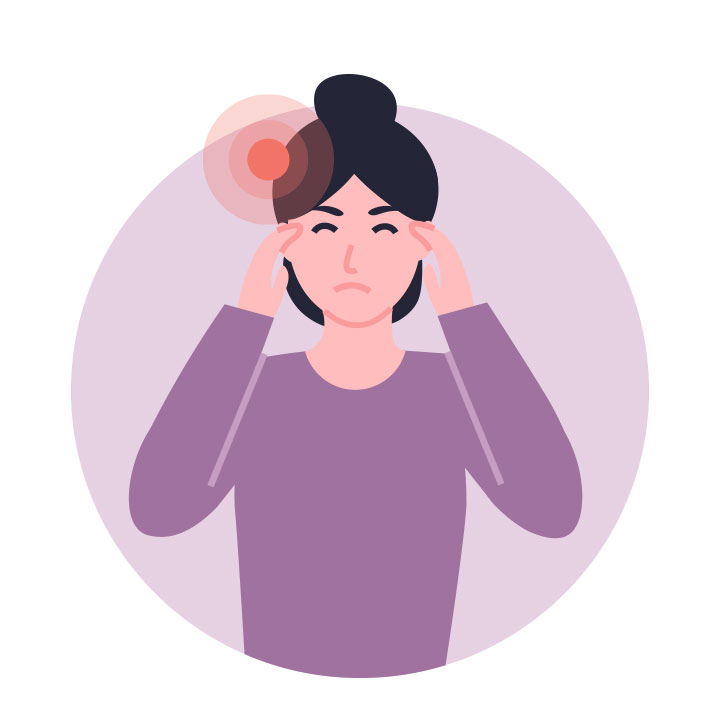
8. Headaches
Many women suffer headaches due to hormonal changes (or hormonal imbalance) during the menstrual cycle, pregnancy or menopause.
What to do…
Keeping a Keeping a symptom diary will help you, and your doctor, identify the triggers of your headaches. Eating small, frequent snacks and keeping to a regular sleep pattern can help. If you have regular attacks, your doctor may prescribe anti-migraine medicines or taking the contraceptive pill or HRT may help.
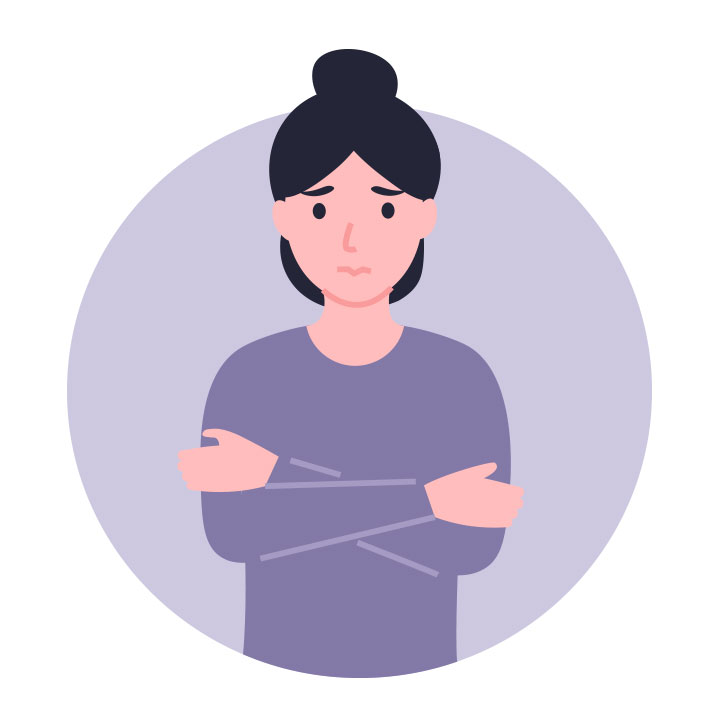
9. Weak bones
Falling levels of estrogen during the perimenopause and menopause can cause bone loss.
What to do…
Often women do not realise they have brittle bones until they suffer a fracture which is why it is important to adopt lifestyle changes to improve your bone health as you reach middle age and beyond. Weight-bearing exercise, such as running, tennis or dancing, a healthy diet including sources of calcium and vitamin D, and taking HRT to deal with menopause symptoms can all be beneficial.
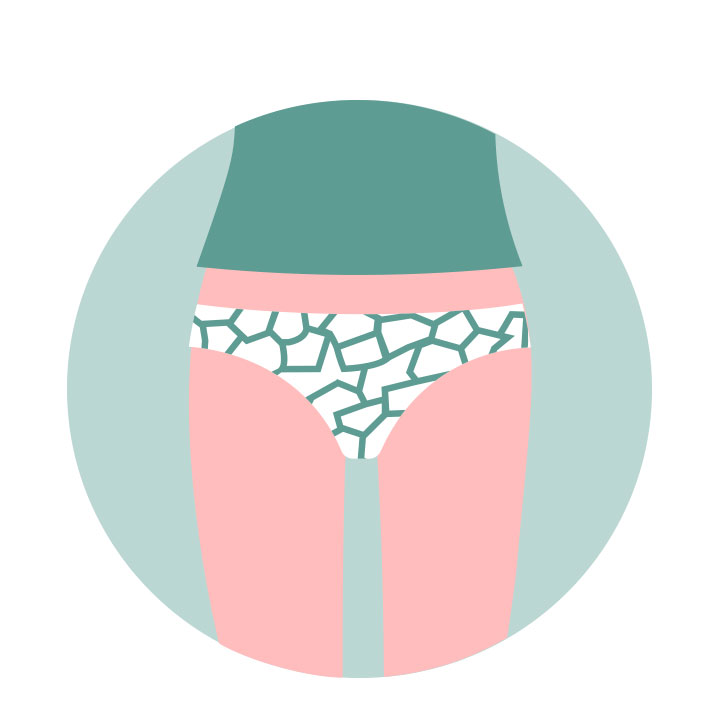
10. Vaginal drynesss
Vaginal dryness is most often caused by a fall in estrogen levels, especially during the perimenopause and menopause. Taking the contraceptive pill or antidepressants can also change hormone levels, resulting in the problem.
What to do…
Practical steps can include washing with unperfumed soaps and using water-based lubricants. If your symptoms are due to the menopause, then HRT will help by increasing levels of estrogen.
Please get in touch if you would like more information about hormonal imbalance and an appointment with one of our healthcare professionals.
Get in touch. We can help.
The Hormone Health Associates are here to advise and support.
Would you like to see more blogs from Hormone Health?